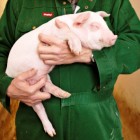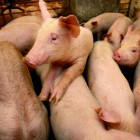Investigations
European Parliament under pressure
|
For the 750 members of the European Parliament, last Wednesday was not just another day at the office, as media outlets from Italy to Sweden put out the results of an unprecedented investigation.
In a coordinated effort journalists from all member states had unearthed cases where MEPs used taxpayers’ money to pay rent to themselves or to their political party. They reported how MEPs from member states as different as the Netherlands or Bulgaria flatly denied disclosing what they spend in expenses. These reports put the EU institutions under pressure. The EU anti-fraud office OLAF immediately announced it would look into cases where MEPs pay rent to themselves.







